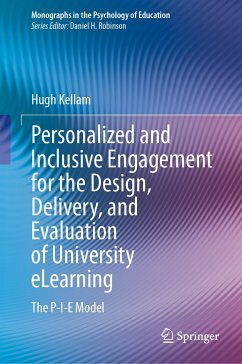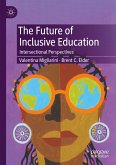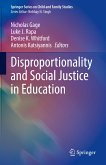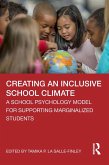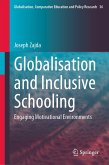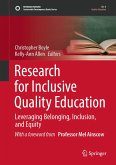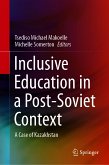The book examines the intersections of online learning theories and models in the current research literature for teaching in digital environments in postsecondary education. It describes the connection between eLearning theory and practice to develop a pragmatic and adaptable model for the design, development, and implementation of interactive, personalized, and inclusive online learning experiences. The book discusses a model with three themes - personalization, inclusiveness, engagement (the P-I-E model) - that describe facilitation techniques, instructional design methods and evaluation tools to customize eLearning for higher education students. It offers theoretical underpinnings, implementation tips, a design checklist and evaluation questions for each of the model's sections. In addition, the book presents an implementation plan for the elements of the model based on principles of change management and program planning. The volume can be used as either a comprehensive system todesign an entire online course or as a reference guide to improve selected components of an existing program.
Key areas of coverage include:
- Review of eLearning theories.
- Examination of the characteristics of individual learners, professors, and class communities in online environments.
- Recommendations for instructional design, assessment, and evaluation for online students.
- Best practices for learner engagement including scheduling, communication, and user interface design.
- Program implementation strategies and evaluation questions for all sections of the P-I-E model.
Personalized and Inclusive Engagement for the Design, Delivery, and Evaluation of University eLearning is an essential resource for instructional designers, college instructors, and university professors to create, implement, evaluate, and improve personalized and inclusive learning for postsecondary students.
Dieser Download kann aus rechtlichen Gründen nur mit Rechnungsadresse in A, B, BG, CY, CZ, D, DK, EW, E, FIN, F, GR, HR, H, IRL, I, LT, L, LR, M, NL, PL, P, R, S, SLO, SK ausgeliefert werden.

